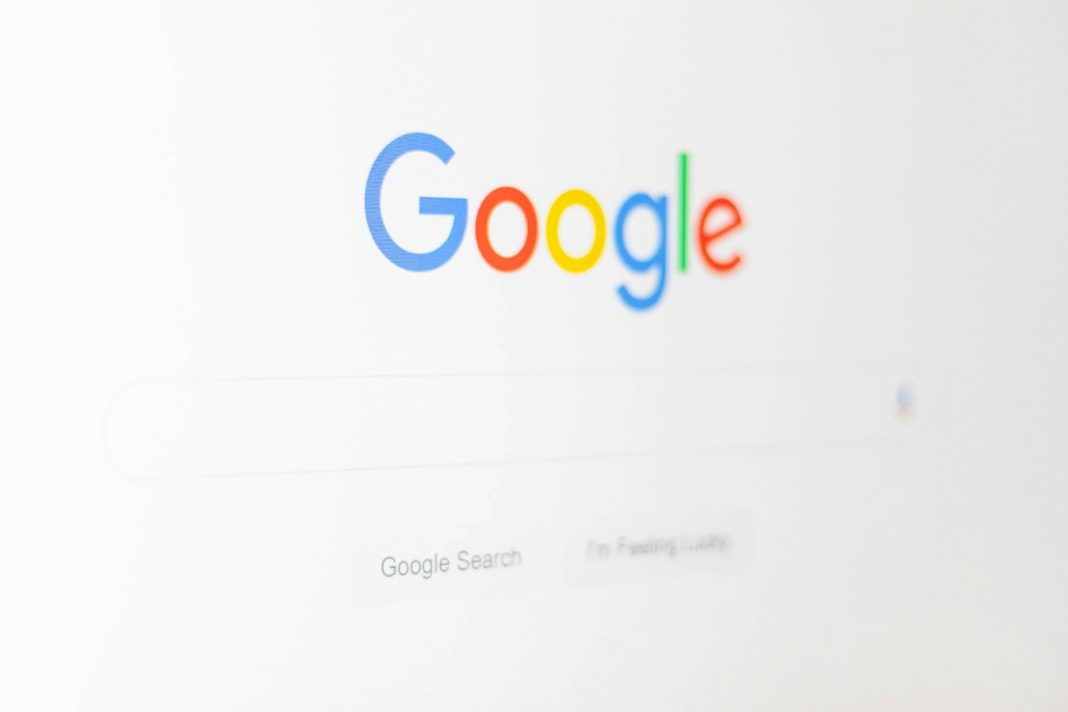In a landmark decision, the U.S. District Court for Washington D.C. has declared Google a monopoly. This historic ruling, delivered by Judge Amit Mehta, states that Google has violated Section 2 of the Sherman Act, concluding that “Google is a monopolist, and it has acted as one to maintain its monopoly.”
The court’s focus was not on Google’s myriad services like Android or YouTube but on its oldest and most lucrative business: search. The ruling came after revelations that Google paid billions to be the default search engine on browsers like Safari. Judge Mehta noted that these distribution agreements are exclusive and have anticompetitive effects.
The Path Forward: Appeals and Potential Penalties
Despite the decisive ruling, the case is far from over. Google has announced plans to appeal the decision, arguing that its dominance results from the quality of its search engine rather than unfair practices. In a statement, Kent Walker, Google’s President of Global Affairs, highlighted a part of Mehta’s opinion that calls Google search “the industry’s highest quality search engine,” framing the court’s decision as an impediment to making the best search tools easily available to users.
If the appeal fails, Google could face significant penalties. While fines are likely, the ruling suggests more substantial changes could be mandated. Similar to Microsoft’s 2001 antitrust case, Google might have to alter its business practices. One possible outcome is that browsers like Safari and Firefox could prompt users to choose their default search engine instead of automatically selecting Google. This change, already in effect in the EU, could open the door for competitors like Microsoft’s Bing, which currently holds about 6% of the U.S. search market.
The Future of Search and Beyond
The ruling’s implications extend beyond just the search engine market. Apple, which receives around $20 billion annually from Google for making it the default search on iPhones, might also be affected. If Google’s appeal fails, this lucrative deal could end, potentially pushing Apple to develop its own search engine. Such a move could help Apple offset the loss of Google’s payments through new ad revenue.
While this decision could bolster Google’s competitors, it is unlikely to lead to a breakup of Google’s business. The court’s complaints are primarily focused on Google’s search distribution practices rather than the company’s entire portfolio. Therefore, while a breakup seems improbable, significant operational changes are expected.
Impacts on Other Tech Giants
This ruling raises questions about whether other tech giants, particularly Apple, might face similar scrutiny. Apple is already dealing with a lawsuit alleging it monopolises the smartphone market by favouring its own services over third-party alternatives. However, this case differs from Google’s, focusing more on Apple’s internal policies rather than external distribution deals.
Despite these differences, the Google ruling could embolden regulators and set a precedent for tackling other alleged antitrust behaviours in the tech industry. While Apple’s ongoing legal battles in Europe and the U.S. may not be directly influenced by this ruling, the increased regulatory scrutiny could shape future decisions and policies.
Short-Term and Long-Term Effects
For Google, the immediate impact on its business is minimal. Its upcoming Pixel 9 launch is expected to proceed unaffected, as any penalties from the ruling will take time to finalise and implement. However, the long-term effects could reshape Google’s strategic approach, particularly in how it distributes and promotes its services.
Interestingly, the ruling might also impact Google’s AI efforts. The data Google collects through its search engine plays a crucial role in training its AI models. If Google’s dominance in search diminishes, it could affect the quality and quantity of data available for AI development. However, the exact ramifications depend on the specifics of Google’s data usage and its ability to adapt its AI training methodologies.
A Critical Moment for Tech Regulation
This decision marks a critical moment in the ongoing efforts to regulate big tech companies. Evelyn Mitchell-Wolf, a senior analyst at Emarketer, noted that Google’s “ubiquity is its biggest strength,” especially as competition heats up among AI-powered search alternatives. Marketers and industry stakeholders will be watching closely as the case progresses, considering how changes to Google’s business practices might influence the broader digital landscape.
In conclusion, the declaration of Google as a monopoly represents a significant shift in the regulatory environment for tech giants. The final outcome, pending appeals and potential penalties, could reshape the competitive landscape of the search engine market and beyond. As the legal proceedings unfold, the tech industry and its users will closely monitor the implications, anticipating how this landmark ruling might influence future regulatory actions and business strategies.


